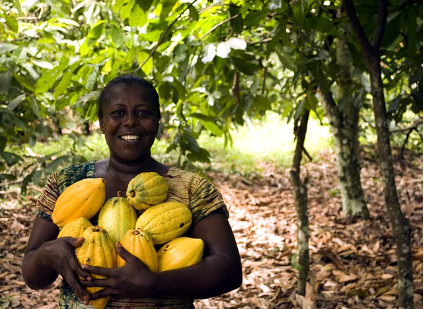현재 장바구니가 비어 있습니다!

[2024-08-05 Korea Economic News] Earn 10 Million Won by Renting Your Home for Just 10 Days!
New Housing Regulations: France and South Korea’s Approach
As the world gears up for the 2024 Paris Olympics, the French government has announced a series of enhanced regulations aimed at curbing unlawful accommodation sharing targeting tourists. In response to the potential saturation of the housing market due to the influx of visitors, France has embarked on an initiative to implement region-specific housing policies. This move reflects a broader trend seen globally, where governments are balancing tourism-related economic benefits with the need for stable housing markets for local residents.
Focus on Illegal Accommodation Sharing: France’s New Measures
The rise of platforms facilitating illegal short-term rentals has become a significant concern in Paris, particularly with the forthcoming Olympics in 2024. The French government aims to enforce stricter regulations on these accommodations, taking proactive measures to ensure appropriate housing availability for its residents. This strategy is crucial as the city braces for an estimated influx of millions of visitors who will need accommodation during the much-anticipated sporting event.
This approach can be viewed as a form of regional tailored housing policy, specifically designed to combat the challenges presented by illegal accommodation sharing. Measures may include tightening inspection protocols, imposing heavy fines on violators, and implementing mandatory registration systems for landlords offering short-term rentals.
South Korea’s Tenant Protections: The Rental Law ‘임대차 2법’
In a related vein, South Korea has taken steps to protect tenants with the implementation of the ‘임대차 2법’ (Rental Lease Act) since 2020. This law introduced important features like the ‘전월세상한제’ (rent control cap) and the ‘계약갱신청구권’ (right to request lease renewal), aiming to provide an increased level of security for tenants facing rising rental prices in urban areas.
While the ‘임대차 2법’ has indeed offered considerable protection and stabilization for tenants in South Korea, it has not been without its shortcomings. Many challenges persist, including an unstable housing market, the fear of reverse rental prices, and concerns over potential encroachments on property rights. As the law stands, certain landlords might feel pressured, causing them to limit lease options or increase rents beyond the legally permissible rate due to frustration with regulatory measures. This aspect represents the balancing act that governments must maintain between protecting tenants and ensuring a fair return for landlords.
Impacts of Local Housing Policies: Case Studies
By examining these two countries—France’s efforts against illegal accommodation and South Korea’s regulatory response through ‘임대차 2법’—we can derive meaningful insights into how localized housing policies can effectively address housing stability issues. With the right balance struck, local governments could manage to preserve their housing markets while welcoming the benefits that tourism brings, as evidenced by the expected influx of tourists into Paris for the Olympics.
Furthermore, the South Korean measures like ‘전월세상한제’ and ‘계약갱신청구권’ reflect a growing recognition of tenant rights on a global scale. Both nations demonstrate a commitment to creating sustainable, inclusive housing policies that consider not only economic factors but also the well-being of residents. In particular, these policies emphasize an approach that integrates housing stability with economic growth.
The Future of Housing Regulations in France and South Korea
As we look forward to the execution of these housing strategies, it is crucial for both the French and South Korean governments to closely monitor the impacts of such regulations. The success of initiatives aimed at reducing illegal accommodation sharing in France or improving tenant protections in South Korea hinges on continuous dialogue between policymakers, landlords, and tenants.
Both countries’ strategies serve as potential blueprints for other nations grappling with similar issues within their housing markets. The challenges are complex and multifaceted, encompassing economic, social, and cultural dimensions, yet the striving for solutions that balance all interests is a journey that poses great significance for societies around the globe.
In conclusion, the new regulations being introduced in France ahead of the Paris Olympics, alongside South Korea’s ‘임대차 2법’, continue to underscore the importance of creating fair and stable housing markets. As these countries navigate the complexities of housing policies, they provide invaluable lessons for others striving to implement effective regulations that reflect both market realities and the needs of their citizens.
For further information and insights on housing policies and related topics, be sure to visit walterlog.net.